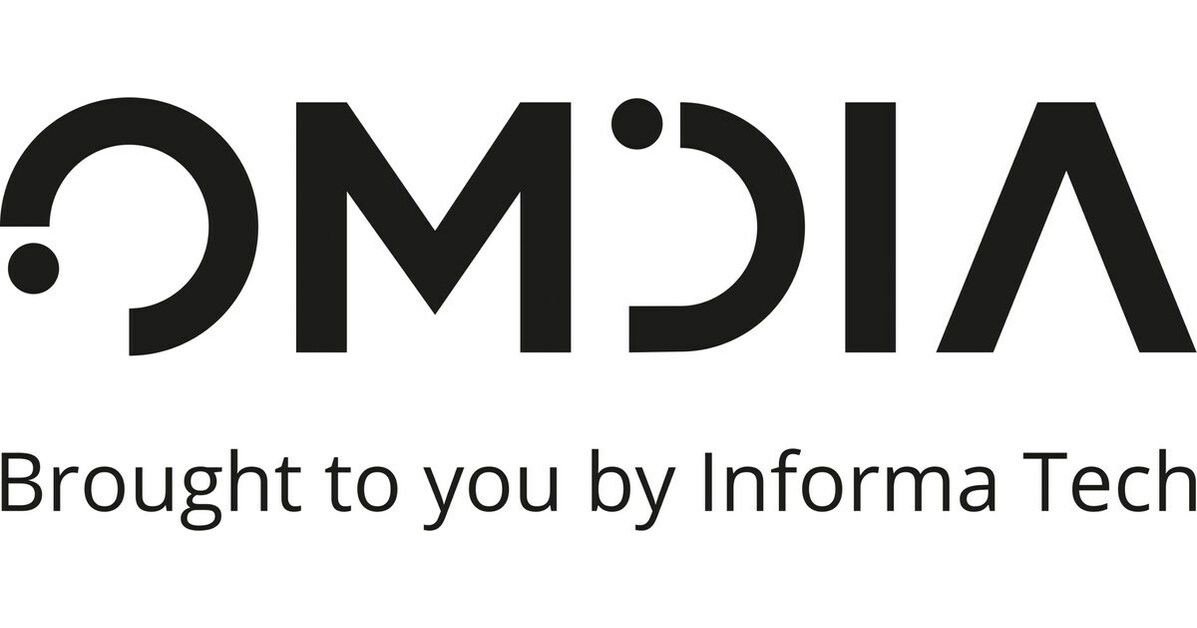As AI technology continues to advance, it is becoming increasingly prevalent in the PC market. Apple and NVIDIA currently dominate the creative and gaming user space, leaving other opportunities for new technology companies. Omdia’s report, AI PCs: An Emerging Device Class, highlights two options for delivering AI on PCs: one using a high-performance GPU with a traditional PC architecture, and the other using a smartphone-style system-on-chip with dedicated AI acceleration.
In order to understand the different needs of PC users, researchers at Omdia have created user personas such as the “Corporate Warrior” persona. This persona represents business users who heavily use collaboration tools and travel frequently. While Intel aims to break into this market by targeting these users with their Core Ultra CPUs, Arm-based systems like Apple’s have an advantage with their unified memory architecture dating back to the 1980s which is crucial for AI on PCs.
According to Alexander Harrowell, Principal Analyst for Advanced Computing at Omdia, unified memory is critical for successful AI implementation on PCs. The ability to run AI models is limited by VRAM and performance is restricted by memory bandwidth. Arm’s investment in unified memory architecture gives them a significant advantage in this space over other manufacturers like Intel. The report covering technology, user personas, major silicon vendors, and PC OEMs is now available in Omdia’s Advanced Computing Intelligence Service.
Omdia is a part of Informa Tech and provides deep knowledge of tech markets and actionable insights to help organizations make informed growth decisions. For more information about Omdia’s research and services contact Fasiha Khan at [email protected]

/cdn.vox-cdn.com/uploads/chorus_asset/file/25368150/2021265321.jpg)

